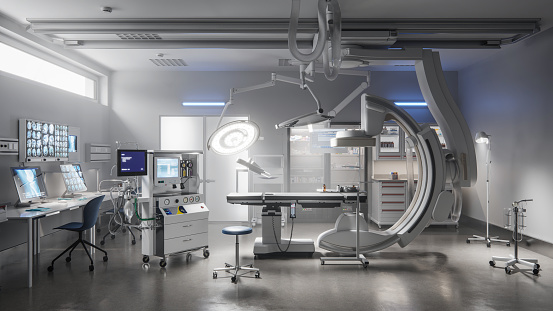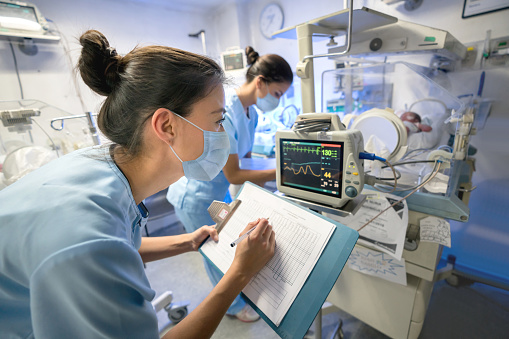Hospitals must be ready for anything that walks through their doors. That is why having critical pieces of medical equipment malaysia on hand at all times is critical to providing comprehensive care.

There is a standard set of equipment that all hospitals should have on hand in order to provide comprehensive treatment for patients. This list of medical equipment is frequently refurbished as well as new, allowing hospitals to carry reserves for these critical pieces.
- Hospital stretchers
- When dealing with emergencies, patient transportation is critical. This piece of equipment is essential for hospitals to have on hand as patients progress through their care.
- Defibrillators
- Defibrillators are commonly used in life-threatening situations such as cardiac arrhythmias or tachycardia to restore normal heart rhythm. They are critical tools for which a hospital must always have backups.
- Anesthesia machines
- Anesthesia machines are designed to provide a consistent and accurate supply of medical gases to a patient in order to maintain a proper level of anesthesia. A ventilator, suction unit, and patient-monitoring devices are all standard features on modern anesthesia machines.

- Patient monitors
- Patient monitors are common pieces of medical equipment that record a patient’s condition and state of health during and after surgery. They are required for adults, children, and newborns.
- Sterilizers
- All forms of microbial life, including fungi, bacteria, viruses, spores, and all other entities present on surgical tools and other medical items, are killed by hospital sterilizers. An autoclave sterilized equipment and supplies in a short period of time by using high-pressure saturated steam.
- EKG/ECG machines
- Electrocardiogram (EKG) machines monitor the overall rhythm of the heart and identify any abnormalities by recording the electrical activity of the heart over time.
- Surgical tables
- A hospital cannot function without surgical tables. These pieces of equipment are critical for patient preparation, surgical procedures, and recovery.

- Blanket and fluid warmers
- Body temperatures that are not kept stable during surgery can result in post-operative complications such as perioperative hypothermia, prolonged hospitalization and recovery, and an increased risk of infection. That is why blanket warmers and fluid warmers are so important in hospitals.
- Electrosurgical units
- In surgery, an electrosurgical unit is used to cut, coagulate, or otherwise alter tissue, often to limit blood flow to an area and increase visibility during a surgery. This apparatus is critical for cauterizing and reducing blood loss during surgery.
- Surgical lights
- Surgical lights are required in any surgical setting to assist surgeons in working under adequate lighting conditions.
- Defibrillators, patient monitors, surgical tables, EKGs, anesthesia machines, sterilizers, lights, ultrasounds, and electrosurgical units, as well as blanket/fluid warmers, are all pieces of hospital equipment that are required. Having these on hand is critical to a hospital’s operational success and the quality of care it provides.
- Diagnostic equipment
- Diagnostic medical equipment refers to any type of equipment or tool used in a hospital setting to diagnose a patient’s condition. A diagnostic test is performed using the appropriate equipment to evaluate the patient internally based on the symptoms described by the patient. The doctor or technician is searching for any abnormalities in the affected organs or parts of the body that are causing the symptoms.